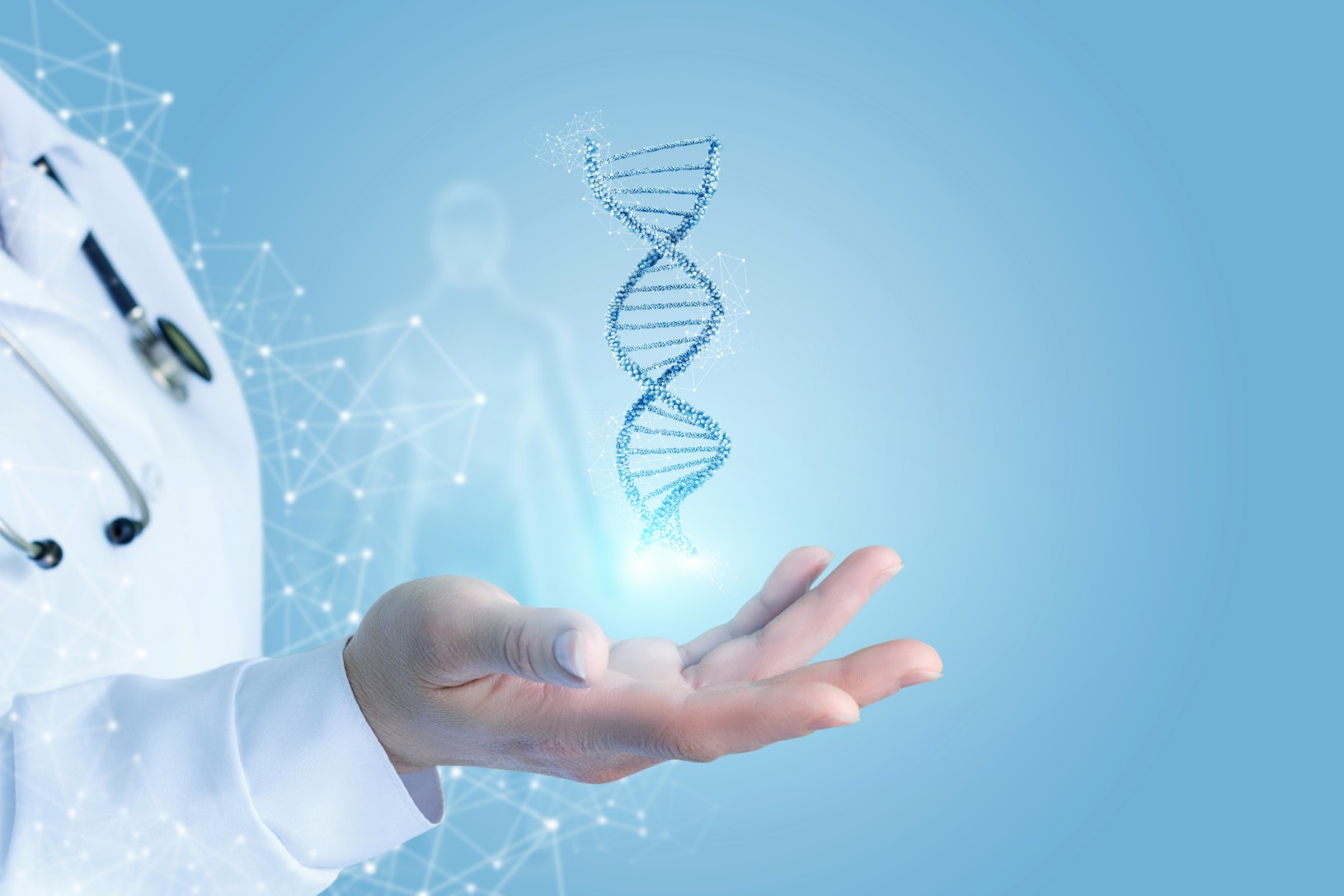
The answer to that is… Yes, it does! Studies by IVF specialists have been talking about the fact that genetic anomalies have a direct impact on fertility – both male as well as female. Some of the issues could be women-related, some related to men, while some could be the outcome of combined factors. As per research, genetic factors that could contribute to infertility included chromosomal aberration, endometriosis, fibroids, etc. According to an industry report titled ‘The Genetic Basis of Infertility’, single gene defects and phenotypes with multifactorial inheritance can also contribute to infertility among couples. Gunjan IVF World, a leading IVF center in Ghaziabad aims to draw a link between genetic factors and infertility through this informative blog.
“Genetic factors like chromosomal abnormalities or gene mutations often have an impact on a couple’s fertility. Globally around 10-15% of couples experience infertility, with more than half of the cases being because of an underlying genetic condition,” said Dr. Gunjan Gupta, Director & Founder and IVF specialist, Gunjan IVF World – the best IVF centre in Ghaziabad with three state-of-the-art clinics in Janakpuri, Meerut and Noida (commencing soon). Some of the genetic factors that drive infertility in men and women include:
- Deletion, in which a piece of a chromosome is missing
- Inversion whereby the chromosome is inverted i.e. upside down
- Mutation, in which there is an alteration in the DNA sequence
- Chromosomal aneuploidies
- Translocation i.e. pieces of chromosomes are attached to the incorrect chromosome
“Being aware of one’s genetic history is important when it comes to fertility treatment. If a woman has endometriosis or early menopause in her family, she will be at an increased risk of failing to conceive. Chromosomal anomalies or gene mutations can also impact a woman’s ability to ovulate,” added Dr. Garima Sharma, IVF specialist of the best IVF centre in Delhi – Gunjan IVF World, Janakpuri. The most common genetic conditions and chromosomal disorders that contribute to female infertility include the following:
Turner Syndrome – Condition where one copy of X chromosome is either partially or completely missing causing ovarian insufficiency
Fragile X-Associated Primary Ovarian Insufficiency (FXPOI) – Condition of primary ovarian insufficiency because of Fragile X syndrome, a genetic change on one of the X chromosomes
Congenital Adrenal Hyperplasia (CAH) – Condition that causes hormonal
imbalances leading to changes in menstrual cycles affecting fertility
“Genetic factors are known to contribute to around 15% of male infertility. They can be a common cause of abnormalities in sperm,” mentioned Dr. Anshu Dhar, IVF specialist at Gunjan IVF World – the best IVF centre in Indirapuram. Some of the specific genetic disorders that cause male infertility include:
Klinefelter Syndrome (KS) – Condition where there is an extra X chromosome (XXY) leading to low testosterone production resulting in little or no sperm production
Kallman Syndrome – Condition that leads to inability of producing certain hormones that impact sexual development
Cystic Fibrosis (CF) – An inherited condition that affects lungs, digestive tract and development of vas deferens
Y Chromosome Microdeletions – Condition where the Y chromosome is missing leading to little or no sperm production
20+ Years Of Experience as Fertility Specialists
20 Years Of Experience as a Fertility Specialists
National Fertility Awards 2023
Call Us
+919990044555
Book Appointment
Related Blogs
Why is Nutrition Important During Adolescence?
Teenage years are one of the most exciting moments in life. During teenage, a body undergoes hormonal changes, weight gain or loss, growth, and physical changes.
What is the Difference Between Puberty and Adolescence?
Both puberty and adolescence are linked to one another. They depend on how these changes occur at this stage of life. Puberty and adolescence are closely associated with one another, but they are not the same thing.
Follow Us On
About Author





